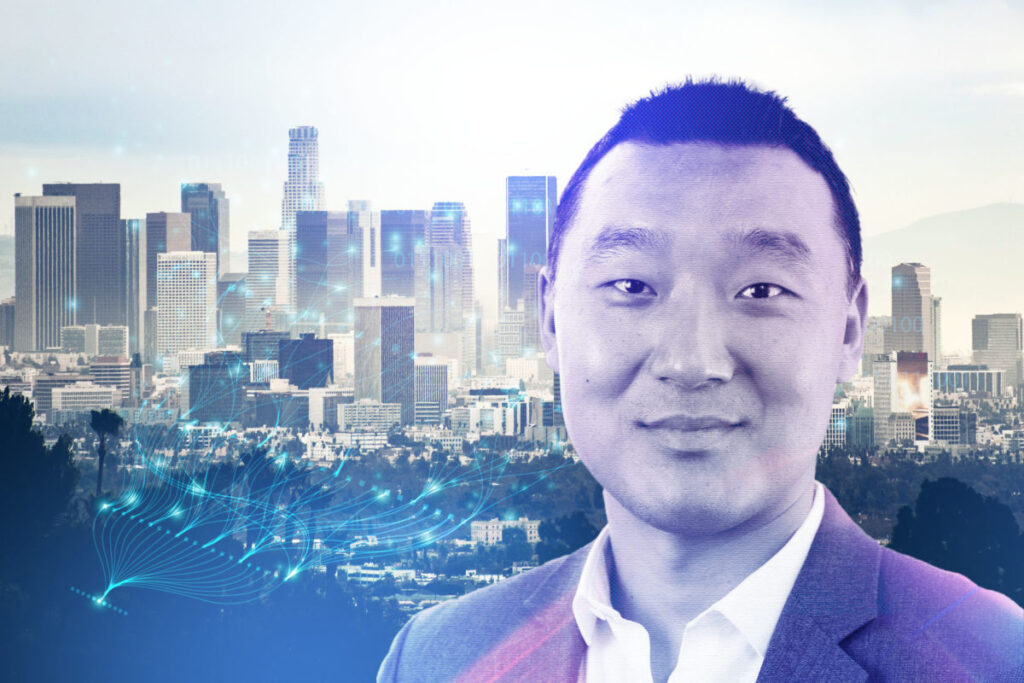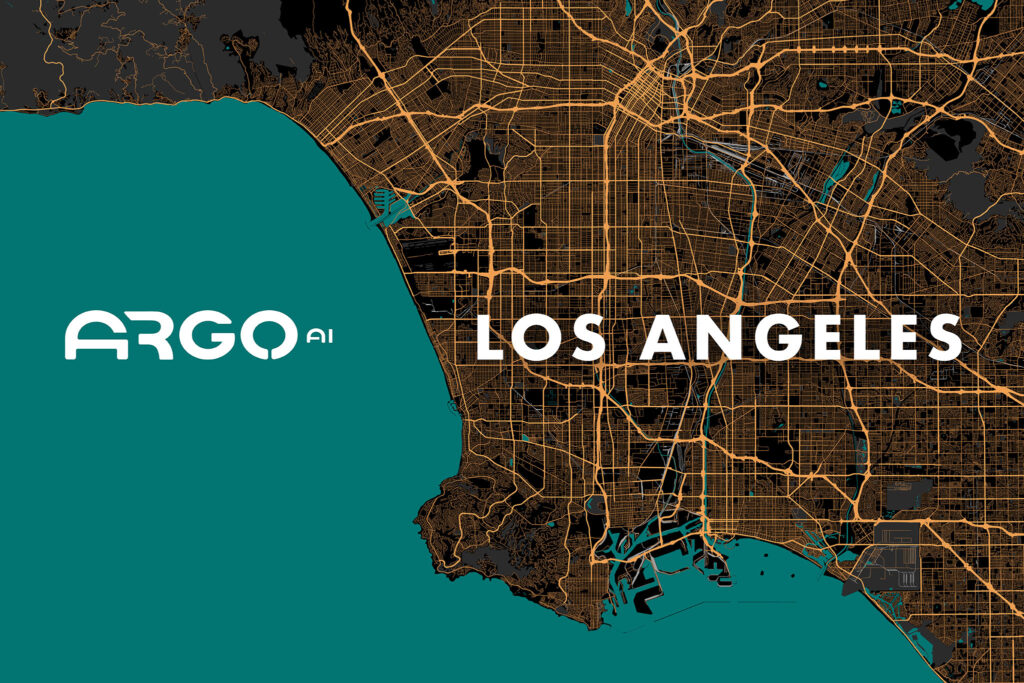Argo AI has established a new engineering and development office in Los Angeles, California, ensuring it has easy access to the engineering, machine learning and robotics talent available at nearby universities and research institutes to bolster its efforts to safely bring autonomous delivery and ride-hail services to cities around the world.
“Los Angeles is home to incredible engineering and robotics innovation,” said Brett Browning, Argo AI’s executive VP of product development and chief technology officer. “We’re excited to grow our global footprint and continue to attract the world’s top talent who share our passion to make streets safer and more accessible for all.”
One top talent coming to lead the Los Angeles office as principal scientist is Yisong Yue (below), a professor of computing and mathematical sciences at Caltech, and a leading expert in machine learning. In fact, the office is located not far from Caltech, in Old Town Pasadena.

At Caltech, Yue has undertaken groundbreaking research in artificial intelligence for sequential decision making. He’ll be applying his expertise to Argo’s autonomous vehicle forecasting and motion planning, and support the Argo Self-Driving System in assisting to predict the paths of other road users and planning its safe trajectory accordingly.
Also based in Los Angeles is Rod Kurihara, who joins Argo as a director of software engineering. He was previously a studio executive at Walt Disney Imagineering, leading the development of advanced ride control systems. At Argo, Kurihara will oversee functional safety, including diagnostics and fault management infrastructure, as Argo continues to build state-of-the-art robotic control systems that are safe.
The Los Angeles office marks Argo’s sixth engineering and development location, and will be home to a group of engineers and researchers supporting a variety of autonomous vehicle functions. Additionally, Argo is hiring in some of the fastest growing technology hubs in the USA, including Pittsburgh, Miami, Austin and Seattle, as the company continues to grow its team of top applied robotics experts, cutting-edge research scientists and software and hardware engineers. Argo is also actively hiring in Munich, the company’s European engineering headquarters.
The affiliation with Yue underscores Argo AI’s commitment to public-private collaboration and building on relationships with leading academics and academic institutions. These important partnerships are designed to support student and faculty research by providing access to high-quality data and additional resources that the academic community would not be able to gather on their own.
“Building a stronger relationship between academia and industry helps unlock new ways for advanced research to inspire innovations in the field of autonomous vehicles,” Yue said. “I’m looking forward to working with Argo in order to translate the latest advances in artificial intelligence and machine learning into best practices to support new frontiers in autonomous vehicles.”
Brett Browning agrees that collaborations like these are the key to sparking breakthroughs in autonomous driving technology, from computer vision and perception, to machine learning and prediction.
“Our affiliations with world-class academics are integral to taking robotics research and delivering real-world impact,” Browning said. “Our work with Dr Yue and Kurihara, combined with the strong engineering team rapidly growing in LA, will push the entire field forward, while supporting Argo’s goal to develop and deploy safe autonomous vehicles that benefit people around the world.”
This is not the first time Argo AI has joined forces with the brightest minds from leading academic institutions.
In 2019, Carnegie Mellon University (CMU) and Argo established the CMU Argo AI Center for Autonomous Vehicle Research to support the development of advanced autonomous capabilities to enable large-scale deployment of self-driving systems. Carnegie Mellon is also home to the Robotics Institute, whose director, Matt Johnson-Roberson, is a leading expert in self-driving technology.
Argo AI has also formed similar collaborations with global academic institutions by bringing on Johnson-Roberson’s colleague at CMU, Deva Ramanan, as well as Georgia Institute of Technology’s James Hays and Technical University of Munich’s Laura Leal-Taixe. Ramanan, Hays and Leal-Taixe were brought into the Argo AI family as principal scientists to strengthen the company’s computer vision and detection capabilities.
Kurihara looks forward to the collaboration. “We’re building a robust team in LA that will support many different engineering functions to bring safe autonomous vehicles to the market,” he said. “I am excited to combine my engineering expertise with Dr Yue’s machine learning research to advance Argo forward.”
Yue added, “we know we don’t have all of the solutions, we know that we need to do research, but we also want to have a timeline where we deliver a compelling product in a timely fashion. These industry-academia partnerships are created to accelerate that process.”
Interested in Argo AI’s thoughts on what constitutes a true self-driving vehicle? Read Argo AI executive VP of product development and CTO Brett Browning’s thoughts on the ’10 essentials’ required, here.


